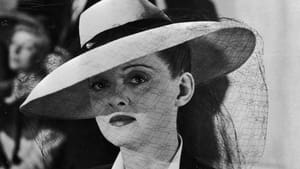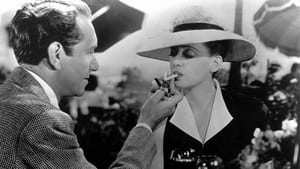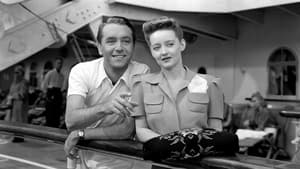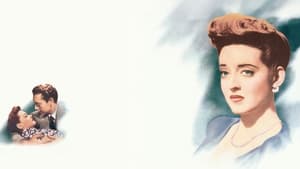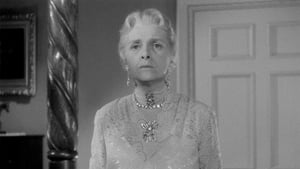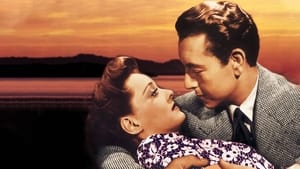Video Sources 0 Views
- Watch trailer
- Now Voyager 1942 Colorized

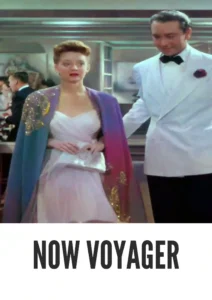
Synopsis
Table of Contents
ToggleFrom Spinster to Star: Now, Voyager (1942) in Stunning Color

Step into the world of Now, Voyager, a captivating romantic drama from 1942, starring Bette Davis, now beautifully colorized for a viewing experience like never before. This film, directed by Irving Rapper, delivers a touching story of personal transformation and unexpected romance. Perfect for fans of classic cinema and stories of strong female leads, this HD download brings a timeless tale to your screen.
Now, Voyager Storyline: A Journey of Self-Discovery and Romance
Now, Voyager follows the story of Charlotte Vale (Bette Davis), a repressed and frumpy spinster who lives under the domineering control of her wealthy mother. After suffering a nervous breakdown, Charlotte undergoes therapy with Dr. Jaquith (Claude Rains), who helps her find independence and confidence.As Charlotte blossoms into an elegant and self-assured woman, she embarks on a cruise where she meets Jerry Durrance (Paul Henreid), a married man also struggling with emotional burdens. They begin an intense love affair, finding solace and understanding in each other’s company. Though their relationship faces societal constraints, Charlotte returns home a changed woman, ready to live life on her own terms. The film explores themes of personal growth, forbidden love, and the courage to defy expectations, making Now, Voyager a poignant and unforgettable cinematic journey.
Movie Cast
The film features a stellar cast of actors who bring this emotional story to life:
- Bette Davis as Charlotte Vale
- Paul Henreid as Jerry Durrance
- Claude Rains as Dr. Jaquith
- Gladys Cooper as Mrs. Vale
Movie Genre
Now, Voyager falls into the genre of romantic drama, with elements of psychological drama that explore the inner struggles of its characters. Its focus on personal transformation and emotional depth makes it a compelling and timeless film.
Historical Context: Golden Age of Hollywood
Released in 1942, Now, Voyager represents a high point in Bette Davis’s career and the Golden Age of Hollywood. The film was produced during a time when studios like Warner Bros. were creating sophisticated dramas that resonated with audiences seeking escapism and emotional connection during World War II. Now, Voyager is celebrated for its powerful performances, compelling storyline, and its exploration of complex themes related to mental health and personal freedom.
Colorization Details
This colorized version of Now, Voyager has been meticulously restored using modern digital techniques, enhancing the visual appeal while preserving the film’s original emotional depth. The colorization process involved carefully analyzing the grayscale tones of the original black and white footage and assigning appropriate colors to each scene. While the specific software used remains proprietary, the techniques employed included advanced algorithms for color palette selection and image enhancement. This painstaking process brings new life to the characters and settings, making the story even more engaging for modern audiences.
Technical Details
- Director: Irving Rapper
- Screenplay: Casey Robinson
- Based on: the novel by Olive Higgins Prouty
- Cinematography: Sol Polito
- Edited by: Warren Low
- Production Company: Warner Bros.
- Distributed by: Warner Bros.
- Runtime: 117 minutes
Technical Specifications
- Download Format: MP4
- Resolution: HD (1080p)
- Compatibility: Compatible with most devices, including smartphones, tablets, computers, and smart TVs.
Reviews and Critical Reception
Now, Voyager (1942) is widely regarded as one of Bette Davis’s finest performances, earning her an Academy Award nomination. The film is celebrated for its emotional depth, compelling storyline, and its exploration of complex themes related to mental health and personal freedom. As a classic of Hollywood’s Golden Age, Now, Voyager continues to resonate with audiences and remains a touchstone of romantic drama.
FAQs
- Q: What is Now, Voyager about?
- A: Now, Voyager tells the story of Charlotte Vale, a repressed woman who undergoes a transformative journey of self-discovery and finds love.
- Q: Is Now, Voyager (1942) a highly regarded film?
- A: Yes, Now, Voyager is considered a classic of Hollywood’s Golden Age and one of Bette Davis’s most memorable performances.
- Q: Is this version of Now, Voyager colorized?
- A: Yes, this version has been professionally colorized to enhance the viewing experience.
- Q: What makes Now, Voyager interesting for classic film fans?
- A: Now, Voyager offers a compelling story, powerful performances, and explores themes of personal growth and emotional depth.
- Q: What is the download format?
- A: The download format is MP4, which is compatible with most devices.
- Q: What resolution is the download?
- A: The resolution is HD (1080p), providing a high-quality viewing experience.
Download Now in HD!
Watch Now, Voyager Today!
